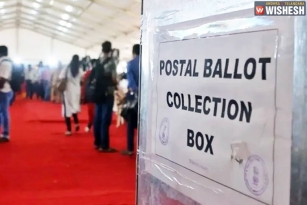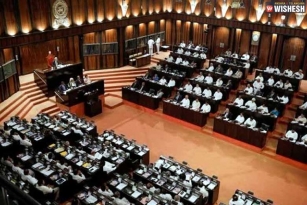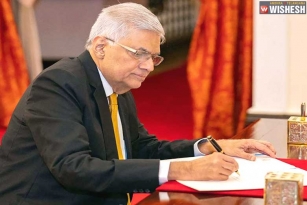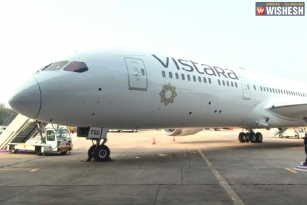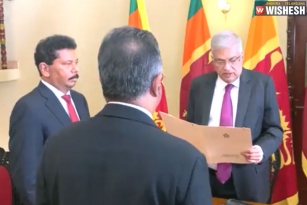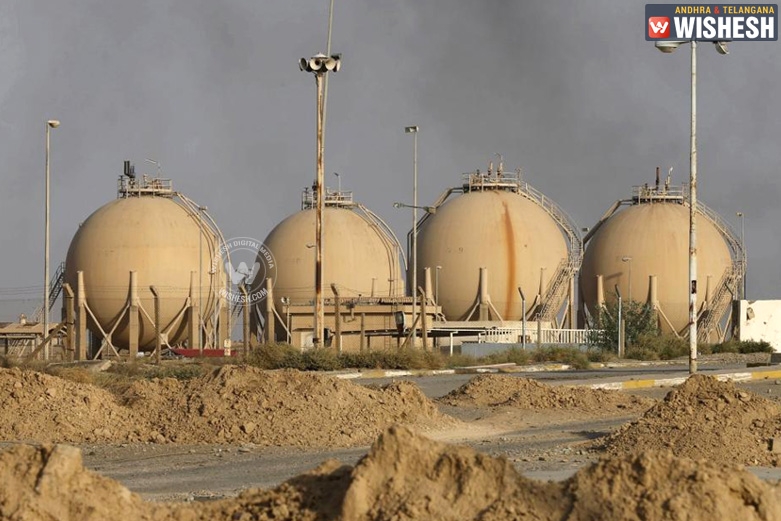
To handle 'war spoils' including slaves, pillaged oil and stolen antiquities, ISIS sets up the departments.
US Special Operations Forces in a raid in Syria, have seized the documents, in which the hierarchical bureaucracy, including petty rivalries between officials and legal codes in the form of religious fatwas, are detailed.
US officials opine that, the documents have supported in understanding the militant group’s skill, in controlling the territory.
Brett McGurk, President Barack Obama's special envoy for the anti-ISIS coalition, said, “This really kind of brings it out. The level of bureaucratization, organization, the diwans, the committees.”
For example, one diwan, which is roughly equivalent to a government ministry, can handle the natural resources, along with exploiting the antiquities, from the ancient empires.
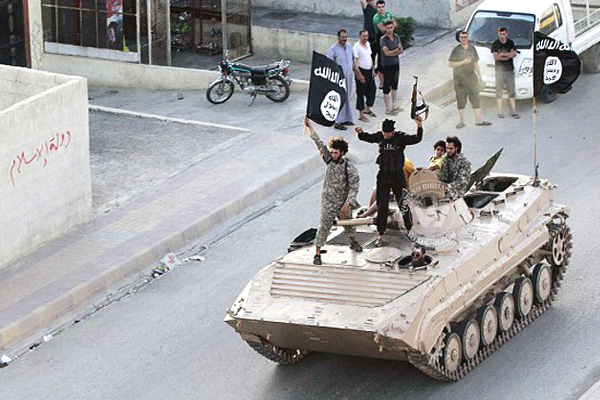
One of the experts of Middle East Forum think tank and an expert on ISIS' structure said, “Islamic State is invested in the statehood and caliphate image more so than any other jihadist enterprise. So a formal organization, besides being practical when you control so much contiguous territory and major cities, also reinforces the statehood image.”
The State Department's top official for energy affairs, Amos Hochstein said, “The documents even show that, how 'meticulous and data-oriented' ISIS is managing the oil and gas sector, even though it is not a sophisticated operation.”
US officials further opined that, the documents have helped the anti-ISIS coalition to pinpoint the vulnerabilities. The United States and its allies have been using air strikes to degrade the group's oil infrastructure and target key officials.
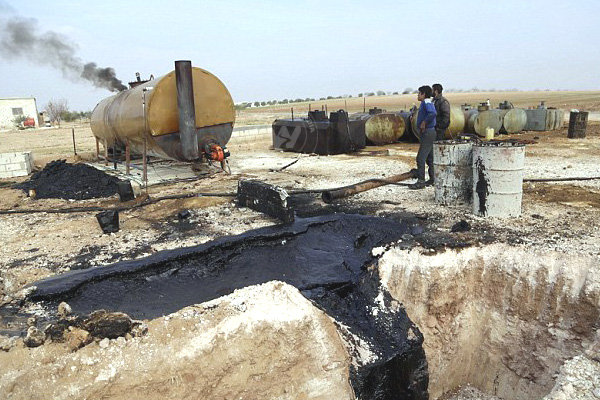
The documents even show the terror group is not immune to the rivalries and personality clashes that typify bureaucracies everywhere.
On November 2014, a letter from the Diwan of Natural Resources, reveals that ISIS financial official, Abu Sayyaf, is in charge of handling the antiquities.
The letter reads, “The reason being is that he is very knowledgeable in this field and that Abu Jihad al-Tunisi is a simpleton who can't manage the division.”
The authenticity of the documents could not be independently verified by the Reuters. The documents represent a fraction of the material seized in the Syria raid in May that killed Sayyaf.
A huge amount of data was captured by the US forces, in the form of computer hard drives, thumb drives, CDs, DVDs and papers.
Most of the seized documents are fatwas, or religious rulings, that are covering the issues from rape of lady prisoners and the treatment of slaves with minor children, when it is permissible for a son to steal from his father to fund travel to fight jihad.
Tamimi opined that, the fatwas are intended to bolster ISIS' claim that it is a legitimate state. Not only to the captured territory in Iraq and Syria, the rules are even applicable to the self declared provinces in South Asia, Africa and the Sinai.
By Phani Ch


